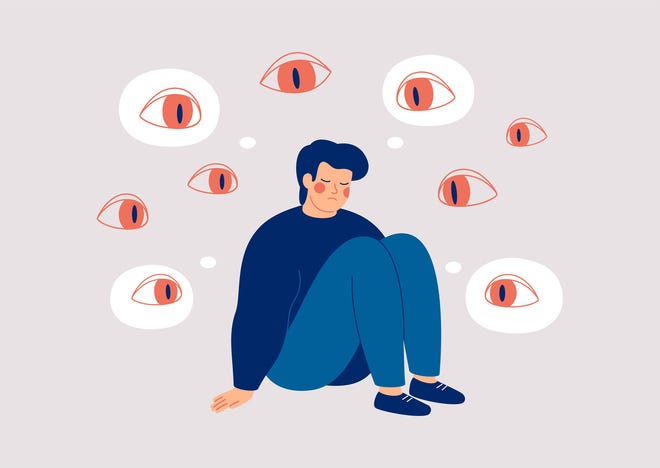If you believe someone you know has schizophrenia:
Learn more!
Learning more about schizophrenia — and especially what your loved one may be experiencing through the many different presentations of the condition — can help you remain empathetic and as prepared as possible. This will also help you provide effective help and prevent symptoms from worsening.
You can meet others with similar experiences by joining support groups for loved ones of people with schizophrenia. Support groups exist both in person and online.
Treatment Options
Unfortunately, there is no cure for schizophrenia. Instead, current treatments focus on subduing symptoms. Here are some examples.
Antipsychotic medication
Antipsychotic medications are the most effective treatment for schizophrenia. Medications such as Risperdal and Zyprexa have been shown to reduce both the positive and negative symptoms of schizophrenia by up to 40%.
However, there are some side effects, such as weight gain, dry mouth, restlessness, and drowsiness. Some of these side effects should go away over time, while others may last.
Psychosocial treatment
Cognitive behavioural therapy, behavioural skills training, supported employment, and cognitive remediation interventions.
Family education and support
Learn coping mechanisms to better manage their distress, allowing them the capacity to aid their family/friend suffering from schizophrenia
If you think you have Schizophrenia:
Get professional help!
Only doctors and therapists are qualified to diagnose Schizophrenia. If youre experiencing symptoms of schizophrenia, it may be a good idea to talk with your doctor or therapist about being tested.
Schizophrenia is treatable, and many people with this condition go on to live balanced, fulfilling lives. Learning specific coping skills and strategies can help you manage symptoms.
Find support!
It may also be helpful to look into attending support groups for Schizophrenia. In support groups, people with the condition gather — either in person or online — to share their experiences and support each other.
Therapy
Therapy is a highly effective way to process your emotions and combat certain types of negative thinking.
Cognitive behavioral therapy (CBT) is the leading form of psychotherapy for those living with schizophrenia. CBT can help you to check the credibility of your beliefs, as well as learn to tolerate hallucinations and other uncomfortable symptoms.
Cope not seethe
Managing your own emotions can be a major part of learning how to live well with Schizophrenia. As you navigate your symptoms, its natural to feel fear, anger and sadness.

